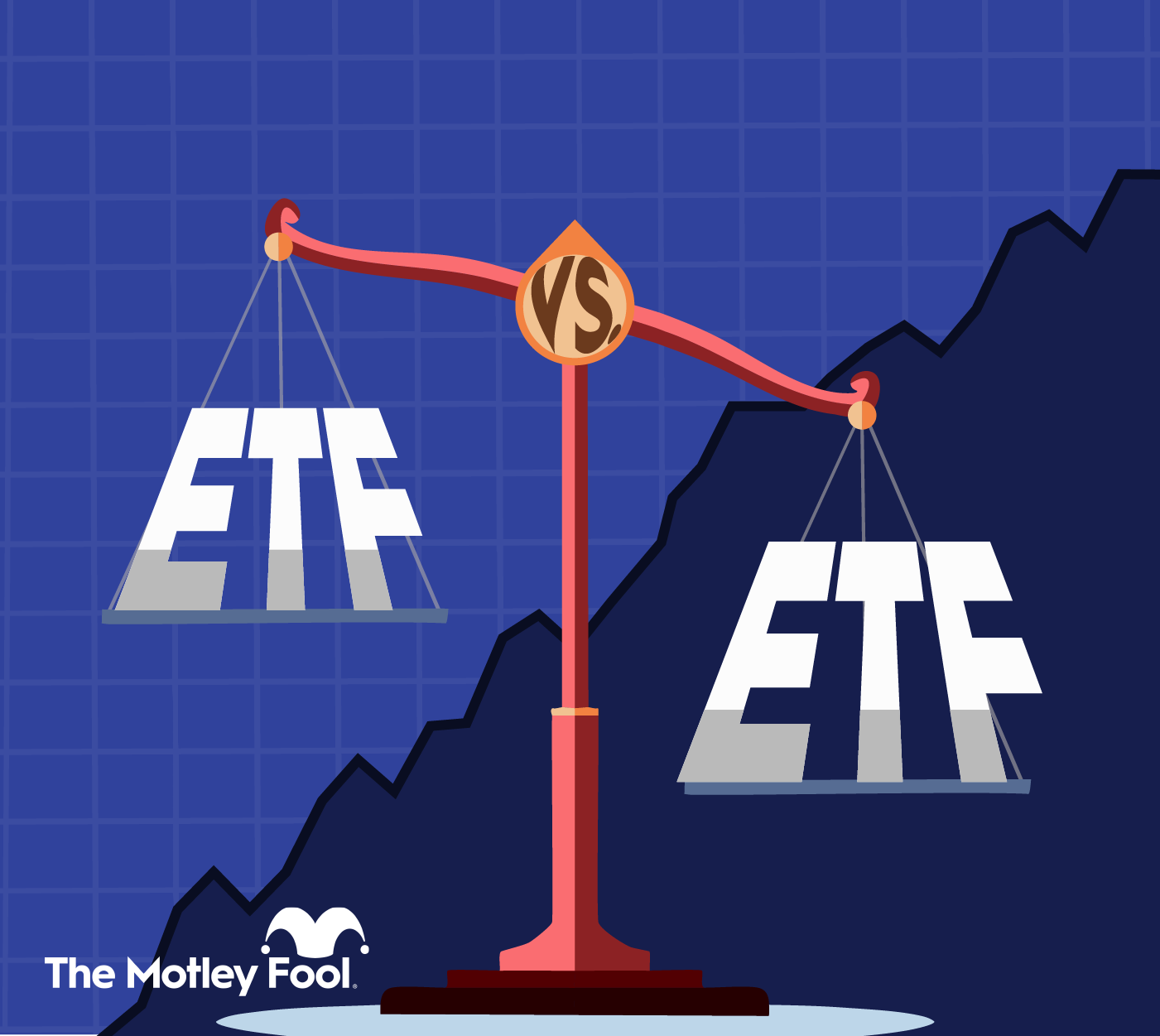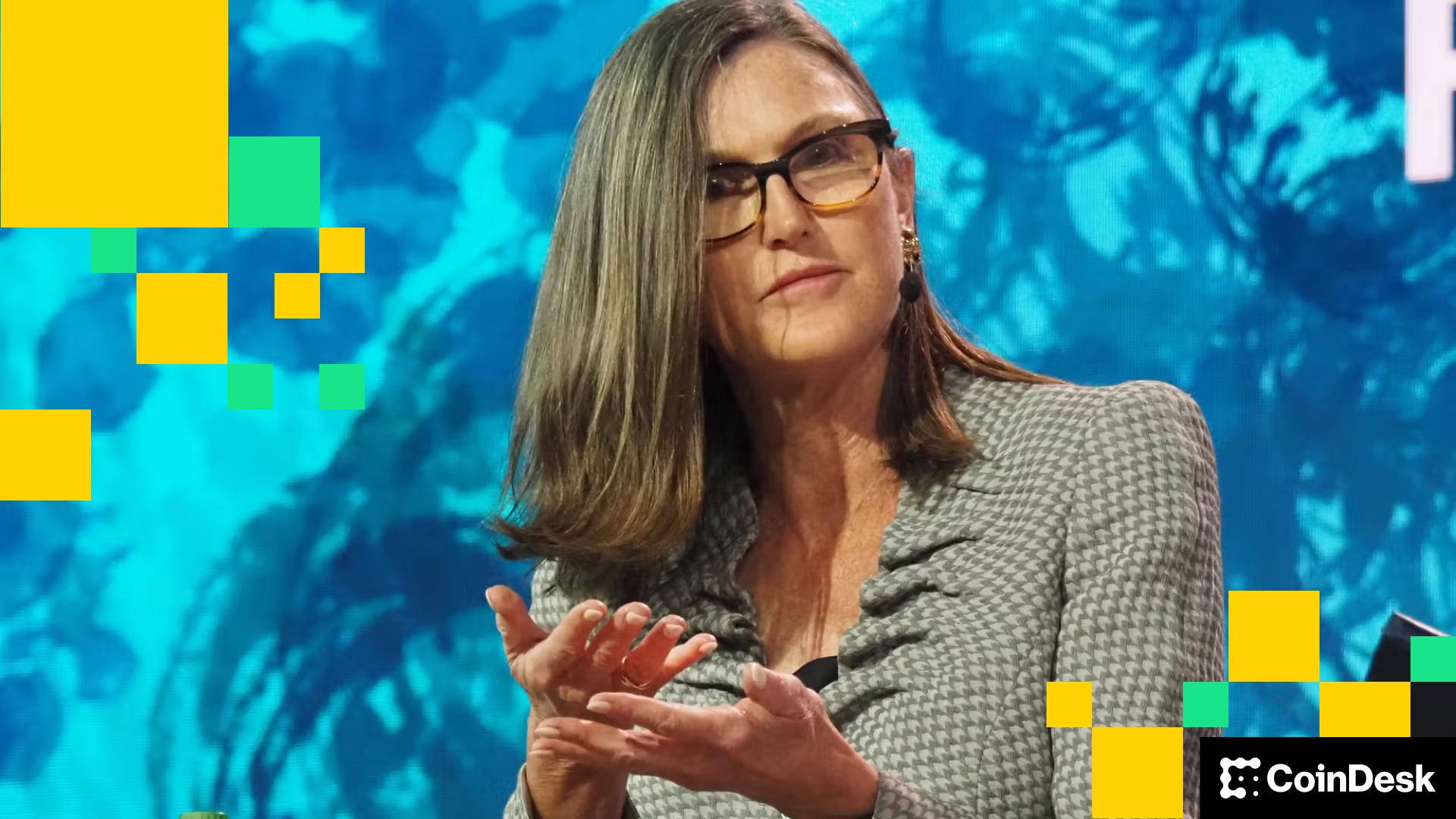Bonds & Bureaucracy: A Short-Term View

Both funds, naturally, seek to sidestep the vulgarities of long-term commitments. SMB, however, confines itself to the rather niche world of municipal bonds, a realm of tax exemptions and, one suspects, considerable administrative overhead. BSV, by contrast, casts a wider net, embracing the prosaic but reliable world of government and investment-grade corporate debt. A comparison, therefore, is not merely of returns, but of philosophies – one a quaint eccentricity, the other a straightforward application of capital.








